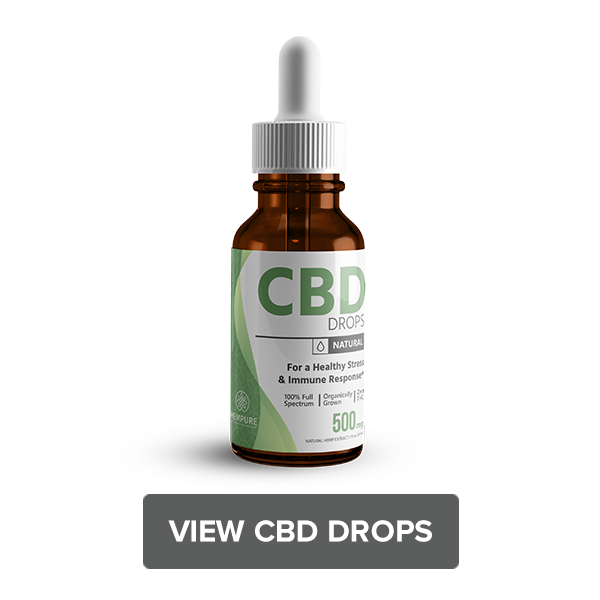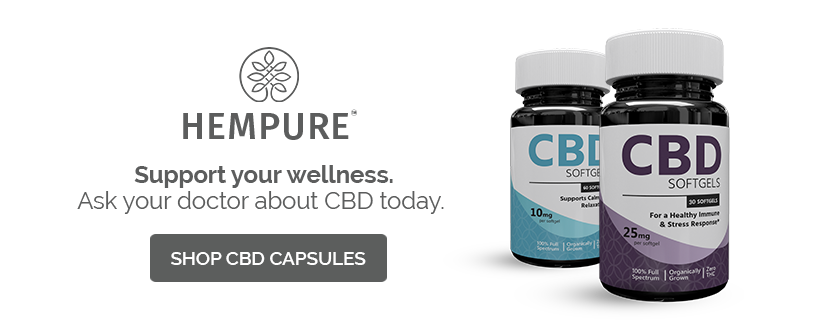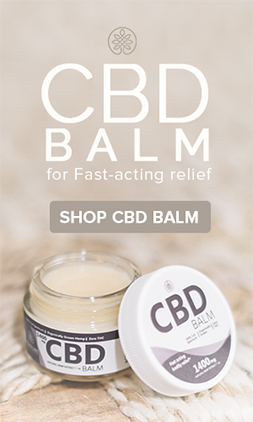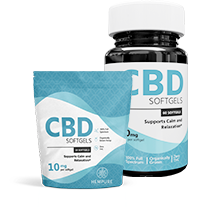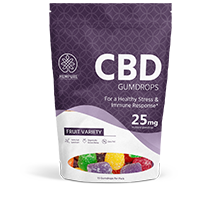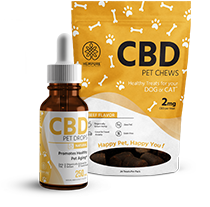How to talk to your doctor about CBD
Sabina King on Sep 30th 2019
Any wellness expert worth their salt will tell you to check with your doctor before starting a new form of supplementation. With CBD however, this becomes extremely important. The miracle compound is growing exponentially in popularity, and as it does so, false claims about what it can do are growing as well. Although it’s fairly clear that CBD has some great benefits, not everything you read it can do is true. Since CBD was discovered relatively recently, it has not been researched enough to confirm the several dramatic benefits claimed by a lot of CBD companies. In fact, the FDA has sent warning letters to CBD companies that have made unverified claims that it can treat diseases. Before adding any wellness product to your routine, it’s important to consult with a physician. Here’s how you can start the conversation.
Why you should talk to your doctor about CBD.
With the passing of the 2018 Farm Bill, hemp-derived CBD was made 100% legal across the United states. However, there’s nothing wrong with asking questions, and any doctor would appreciate a patient asking earnest questions over self-prescribing. Always remember – it is not illegal to ask your doctor about CBD, even if CBD is illegal where you live. Some states have legalized CBD, some have affirmed that it is illegal, while some laws seem conflicting and leave the status of CBD unclear. In several states, laws are in the process of changing too – and these legalities can be almost impossible for the average person to keep up with. If you live in a state where CBD was only recently legalized, is currently illegal or is of a vague legal status, you may be worried about bringing up CBD with your doctor.
How to talk to your doctor about CBD.
Before you speak to your doctor about CBD, you might want to prepare what you’re going to say. Doctors have time constraints, so being clear and concise is important. Here are some steps you can follow for the best results.
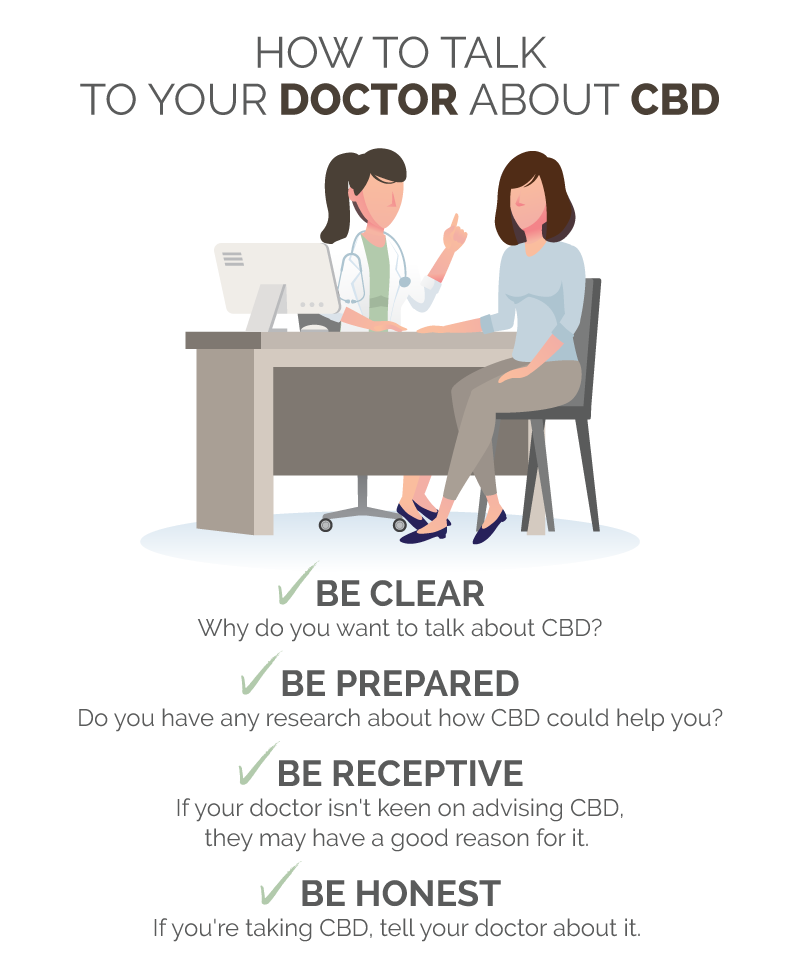
State your case.
It’s important to state at the outset why this conversation is even taking place. Which is to say, why are you curious about CBD? Are there any specific things you’re looking to address? Are you looking at CBD as a potential replacement for current medication that you’re on? Or are you just curious about it as a wellness aid? Knowing this will help keep the discussion productive, and your doctor can then advise you on CBD for you, and not just CBD in general.
Present your research.
This might seem counterproductive since the purpose of the conversation is to get answers from your doctor about CBD. However, there may be a lot of data out there that your doctor does not know of. Keep in mind that the world of medicine is constantly evolving, and it can be nearly impossible to keep track of every new discovery. Sometimes the best way for doctors to learn is from their patients. To make it easier for your doctor, try to find studies online that link CBD to the symptom you’re looking to address. Not only will this let your doctor know that you’re really serious, but it can also prevent an entirely pointless appointment. They can then look over the data and tell you whether it holds any merit.
Hear your doctor out.
If your doctor seems opposed to the idea of CBD, listen to their reasons as to why they feel that way. Dismissing it as a ‘trend’ or ‘fad’, or simply saying they’ve never heard of it is not a very good reason, but other concerns on their part may be legitimate.
For instance, you may be suffering from a condition that CBD would not be able to fix. You might be on medications that could interact with CBD. Your doctor might also be concerned about drug testing for THC at the workplace (at which point you could let them know about the availability of THC-free CBD). Your doctor’s feedback should have your best interests at heart.
Be honest.
If CBD is legal in your state, it means you don’t need a doctor’s recommendation or prescription to purchase it. Nevertheless, it’s wise to let your doctor know that you plan to take or are already taking CBD, even if they aren’t keen on it. This is especially true if you have any pre-existing medical conditions or are on any medications.
What you can expect when you talk to your doctor about CBD.

When doctors advise, they’re doing so from years of expertise and training. More importantly, they’re constantly keeping up to date with new research – or trying to, anyway. However, through a large portion of their education, doctors have been steered away from alternative therapies and towards pharmaceutical ones. To make matters worse, most doctors aren’t even taught about the endocannabinoid system (the system that CBD works on) in medical school! A survey in 2014 found that out of 157 schools surveyed, only 13 percent taught their students about the endocannabinoid system. These factors might contribute to your doctor being skeptical or dismissive of CBD, but keep in mind that your doctor’s goal is to help you, and they would understandably want you to avoid a therapy that they have not heard of. This is why you must present any research you have available, to fill in the gaps in your doctor’s learning.
On the other hand, if your doctor believes that CBD might be helpful to you, this may also come with an added disclaimer about the current dearth of research. This isn’t meant to scare a patient, just to inform their decisions. The WHO has asserted that CBD is generally well tolerated and doesn’t seem to pose any risks to users, which is a fact that doctors can breathe easy about. Know that it is your doctor’s job to inform you of all possible outcomes before making a recommendation.
If your doctor reacts positively to taking CBD, that’s the best-case scenario. They can now help you with dosing, reactions with medications, and benefits you might feel. If you are looking to address a particular condition with CBD, your doctor might also refer to you someone better equipped to answer your questions, so you can come up with a more robust dosage plan.You might also find your physician being in favor of CBD as a therapy, but nevertheless unable to support your decision to take it because of hospital policies or other systemic reasons. It goes without saying that if CBD is illegal where you live, your doctor will absolutely not be able to support your decision to take it, because doing so would be considered malpractice. Besides, your doctor cannot risk you going out and buying unverified, possibly unsafe CBD oil.
Lastly, your doctor might seem extremely resistant to the idea of CBD, and not for its legal status, lack of research, or any other valid reason, but simply because it’s a fad or a hoax. Unfortunately, this is currently the most likely scenario. In this case, it might be helpful to get a second opinion. Regardless of whether they know of a treatment plan or not, a doctor’s top priority should be to keep you healthy. If you’re getting a sense that your doctor is fundamentally against CBD, seek out another one.
With the rise of the popularity and legality of CBD, more clinical research is underway. Hopefully, this will lead to doctors that are less reluctant to consider CBD a valid and efficient compound that can lead to some benefits. More importantly, once the fog clears on what exactly CBD can and cannot do, we can expect the medical community to embrace it with much more confidence!









